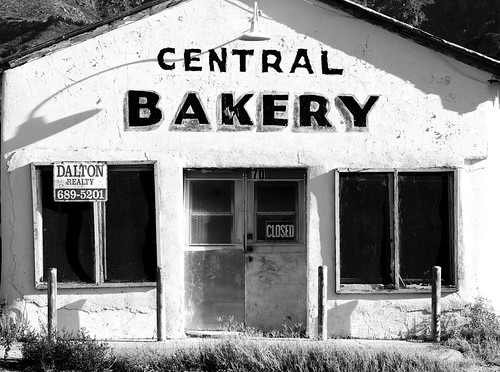Jessie whispered, “Keep still!”
The three children did not say a word. They sat quietly in the boxcar, looking at the bushes, waiting for more undead ghouls.
“I wonder if it’s a bear,” thought Benny. “It’d be great if it was just a regular bear. Not a zombie bear.”
Soon something came out. But it wasn’t a bear. It was a dog, which hopped along on three legs, crying softly and holding up a front paw.
“It’s all right,” said Jessie. “It’s only a dog, but I think he is hurt.”
The dog looked up and saw the children, and then he wagged his tail.
“Poor dog,” said Jessie. “Are you lost? Come over here and let me look at your paw.”
The dog hopped over to the boxcar, and the children got out.
Jessie looked at the paw and said, “Oh, dear! You poor dog! There is a big thorn in your foot! But at least nothing has bitten you to make you among the undead.”
The dog stopped crying and looked at Jessie.
“Good dog,” said Jessie. “I can help you, but maybe it will hurt.”
The dog looked up at Jessie and wagged his tail again.
“Violet,” ordered Jessie, “please wet my handkerchief in the brook.”
Jessie sat down on the bloody tree stump and took the dog in her lap. She patted him and gave him a little piece of bread. Then she began to pull out the thorn. It was a long thorn, but the dog did not make any noise. Jessie pulled and pulled, and at last the thorn came out.
Violet had a wet handkerchief ready. Jessie put it around the dog’s paw, and he looked up at her and wagged his tail a little.
“He wants to say ‘Thank you,’ Jessie!” cried violet. “He is a good dog not to cry.”
“Yes, he is,” agreed Jessie. “Now I had better hold him for awhile so that he will lie down and rest his leg.”
“We can surprise Henry,” remarked Benny. “Now we have a dog.”
“So we can,” said Jessie. “But that was not my surprise. I was going to get a lot of blueberries for supper.”
“Can’t we look for blueberries, while you hold the dog?” asked Violet.
“Yes, you can,” said Jessie. “Look over there by the big trees.”
Benny and Violet ran over to look.
“Oh, Jessie!” cried Benny. “Did you ever see so many blueberries? I guess five blueberries! No, I guess ten blueberries!”
Jessie laughed, “I guess there are more than five or ten, Benny,” she said. “Get a clean towel and pick them into it.”
For awhile Jessie watched Benny and Violet picking blueberries. Standing watch like this did not bother her.
“Most of Benny’s blueberries are going into his mouth,” she thought with a laugh. “But maybe that’s just as well. He won’t get so hungry waiting for Henry to come back with the milk.”
![Lars Curfs [CC BY-SA 3.0 (http://creativecommons.org/licenses/by-sa/3.0)], via Wikimedia Commons](https://omahatim.files.wordpress.com/2015/02/quite_the_happy_dog.jpg?w=300&h=200)
Lars Curfs [CC BY-SA 3.0 (http://creativecommons.org/licenses/by-sa/3.0)%5D, via Wikimedia Commons
“I wish we had some dishes,” Jessie said. “The we could have blue berries and milk.”
“Never mind,” said Violet. “When Henry comes, we can eat some blueberries and then take a drink of milk.”
When Henry came, he had some heavy bundles. He had four bottles of milk in a bag, a loaf of brown bread, and also some fine yellow cheese.
He looked at the dog.
“Where did you get that fine dog?” he cried. Again, Henry . . . not so smart.
“He came to us,” said Benny, “he is a surprise for you.”
Henry went over to the dog, who wagged his tail. Henry patted him and said, “He ought to be a good watchdog. Why is the handkerchief on his foot?”
“He had a big thorn in his foot,” answered Violet, “and Jessie took it out and put on the handkerchief. It hurt him, but he did not cry or growl.”
“His name is Watch,” remarked Benny.
“Oh, is it?” asked Jessie, laughing. “Watch is a good name for a watchdog.”
“Did you bring some milk?” asked Benny, looking hungrily at the bottles.
“I should say I did!” replied Henry. “Four bottles!”
“Pool old Benny!” said Jessie “We’ll have dinner now. Or is it supper?”
“It must be supper,” said Henry, “for soon we’ll have to go to bed.”
“Tomorrow we’ll eat three times,” said Jessie.
Now Jessie liked to have things in order, and so she put the laundry bag on some pine needs for a tablecloth. Then she cut the loaf of brown bread into five big pieces. The cheese was cut into four.
![By cyclonebill from Copenhagen, Denmark (Ost og brød Uploaded by FAEP) [CC BY-SA 2.0 (http://creativecommons.org/licenses/by-sa/2.0)], via Wikimedia Commons](https://omahatim.files.wordpress.com/2015/02/1024px-ost_og_brc3b8d_5115370158.jpg?w=300&h=199)
By cyclonebill from Copenhagen, Denmark (Ost og brød Uploaded by FAEP) [CC BY-SA 2.0 (http://creativecommons.org/licenses/by-sa/2.0)%5D, via Wikimedia Commons
Violet put the four bottles of milk on the table and Jessie put some blueberries and cheese at each place.
“Blueberries,” cried Henry. “Jessie, you had two surprises for me!”
“I’m sorry we haven’t any cups,” Jessie said. “We’ll have to drink out of the bottles. Now all come and sit down.”
Supper began, “Look, Benny,” said Henry. “You take some blueberries, then eat some brown bread, then some cheese, then take a drink of milk.”
“It’s good,” said Benny. He began to put more blueberries into his mouth.
“The dog had supper, too. Jessie gave him bread as he lay on the ground beside her, and he drank milk out of her hand.
When supper was over, there was some milk left in each bottle.
“We’ll have the rest of the milk for breakfast,” said Jessie. “Tonight we are going to sleep on beds. “Let’s get some pine needles now.”
Soon the children had a big pile. Henry jumped into the boxcar, and Jessie gave him the pine needles. He made four beds in one end of the car.
“This side is the bedroom,” said Jessie.
“What will the other side be?” asked Benny.
“The other side?” asked Jessie. “Let me think. I guess that will be the sitting room, and maybe some of the time it will be the kitchen. And when we have to shut the door to keep the zombies out we will think of this as a fort. I still can’t believe there are many of them nearby.”
“I polished off those two, no waiting,” chirped Violet.
“Yes,” Jessie sad. “Yes, you did.”
The Jessie said, “Come, now. Come and get washed. She took the cake of soap and went down to the brook.
“That will be fun, Benny,” said Violet. “We’ll splash our ‘paws’ in the brook just as the Little Brown bear does.” She knew that Benny did not like to be washed.
The children were all very hot, and so they were glad to splash in the cold water. Benny put cold water and soap on his face with the others and dried his hands on a towel.
“We’ll have to have a line to dry the towels on,” said Jessie. “We could trip zombies with a rope, too.”
“So she took the string out of the laundry bag and tied one end of it to a tree. The other end of the strong she tied to the boxcar. This made a good clothesline. When she had washed one towel and Violet had washed the other one, they hung both towels on the clothesline.
“It looks like home,” said Henry. There’s had been a shabby home. “See the washing!” He laughed a not very bright laugh.
Jessie was thinking.
“We ought to get some water to drink before we go to bed,” she said. “But what shall we put it in?
“Let’s put all the milk into two bottles,” said Henry in a small flash of smarts. “Then we can fill the other two with water.”
“Good,” said Jessie. “You go alone to the fountain, Henry. You can hide if anyone or anything comes along.”
Henry went out very quietly, and soon came back with two bottles full of cold water. Benny drank a little, but he was almost asleep.
The other children helped him into the boxcar. Then they all climbed in, Jessie carrying the dog. He lay down at once beside her.
Soon they were fast asleep, dog and all. The moon came up, but they did not see it. This was the first time in four days that they could go to sleep at night, as living children should.
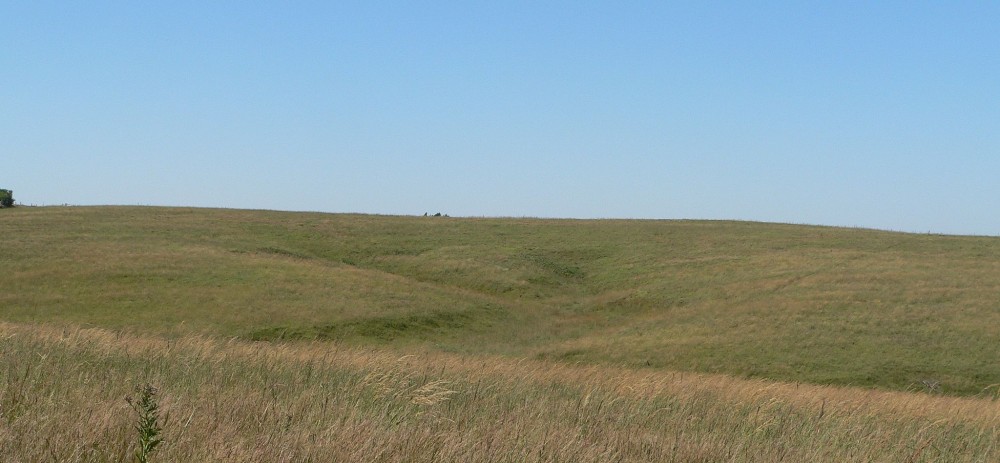

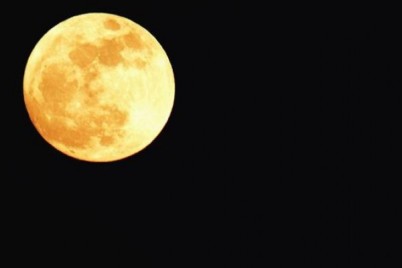
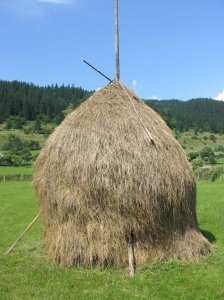
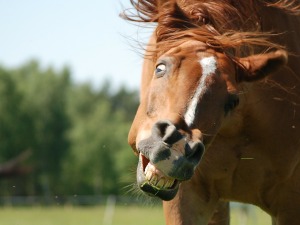 It was driven by a zombie couple. The horse also looked dazed. He had a bleeding bite mark on his flank.
It was driven by a zombie couple. The horse also looked dazed. He had a bleeding bite mark on his flank.